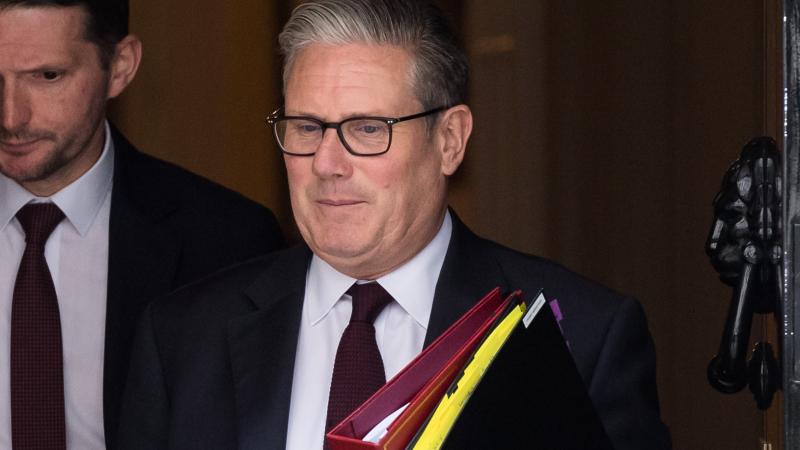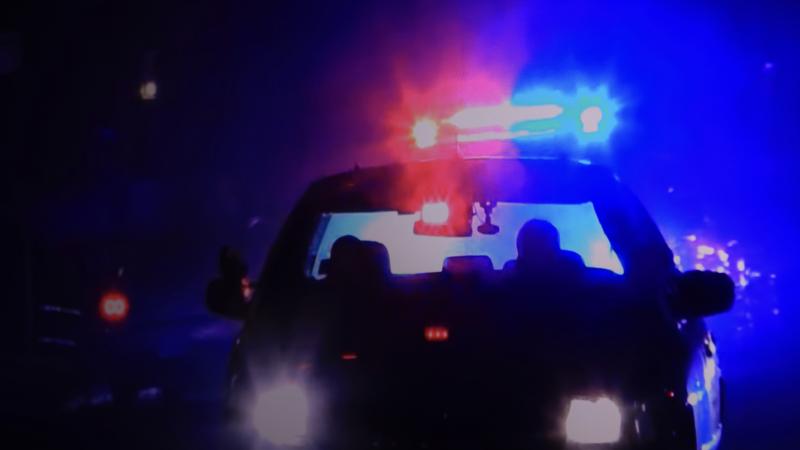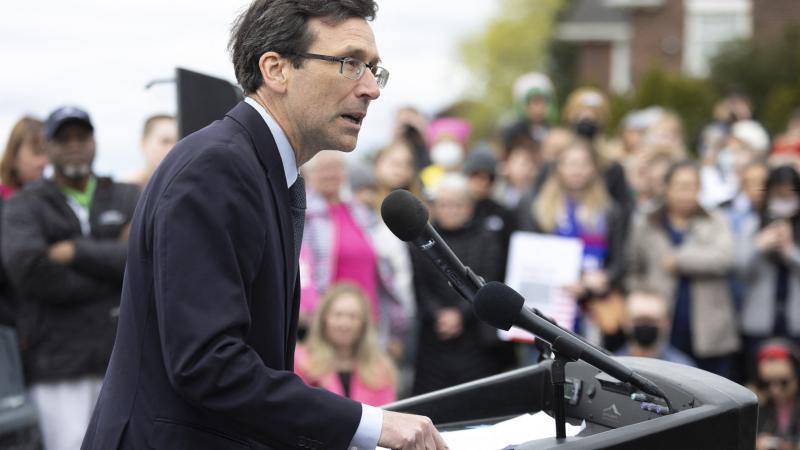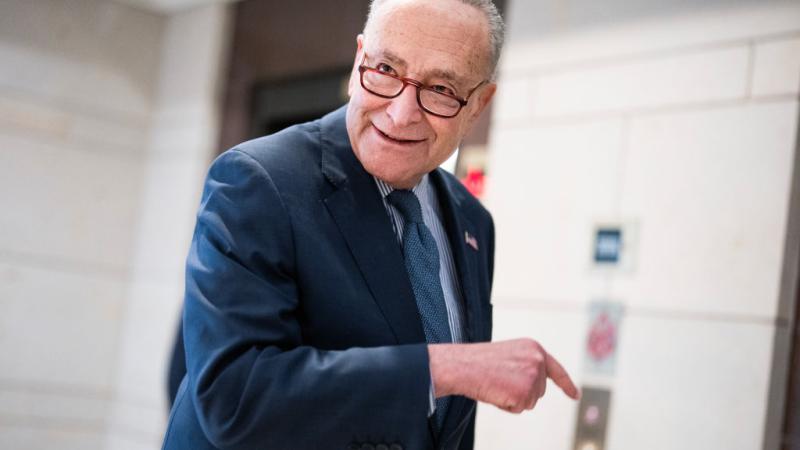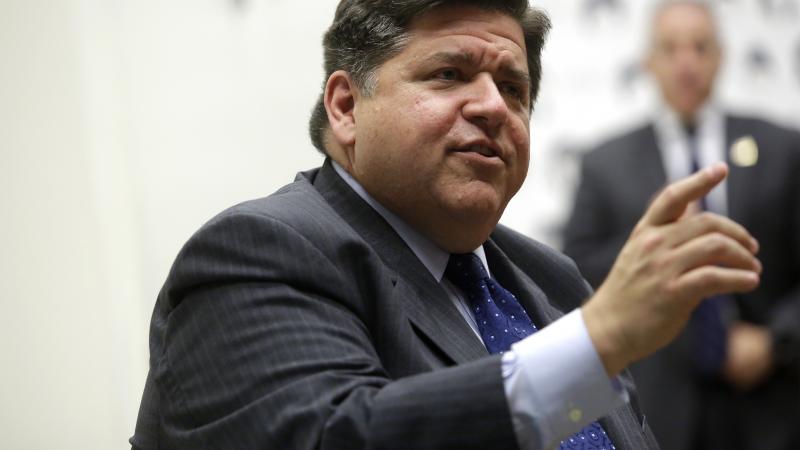UK to no longer require COVID-positive to self-isolate
"I'm not saying you can totally throw caution to the winds," Prime Minister Boris Johnson said.
The United Kingdom will no longer legally require people who are COVID-positive to self-isolate as the country plans on rolling back all virus restrictions, Prime Minister Boris Johnson told the BBC.
"I'm not saying you can totally throw caution to the winds - Covid remains dangerous if you're vulnerable and if you're not vaccinated, but we need people to be much more confident and get back to work," Johnson told the outlet on Sunday, the same day the 95-year-old Queen Elizabeth tested positive for COVID-19.
Testing would still occur at a "much lower level," Johnson said, but the current system is very expensive. He told the BBC that the UK had spent £2 billion ($2.7 billion) on COVID testing in January for the country of 67 million people.
The UK will drop the legal requirement to self-isolate for up to 10 days after testing positive or being symptomatic, Johnson said.
"We think you can shift the balance away from state mandation," he told the BBC and explained the government's new "living with Covid" plan.
The focus will be on a "vaccine-led approach," and away from "banning certain courses of action," Johnson said.
"You've got to be humble in the face of nature," the prime minister said, explaining why he feels that mandates should not return.
Johnson is facing calls to step down after he reportedly hosted parties starting in May 2020 in violation of lockdown.
